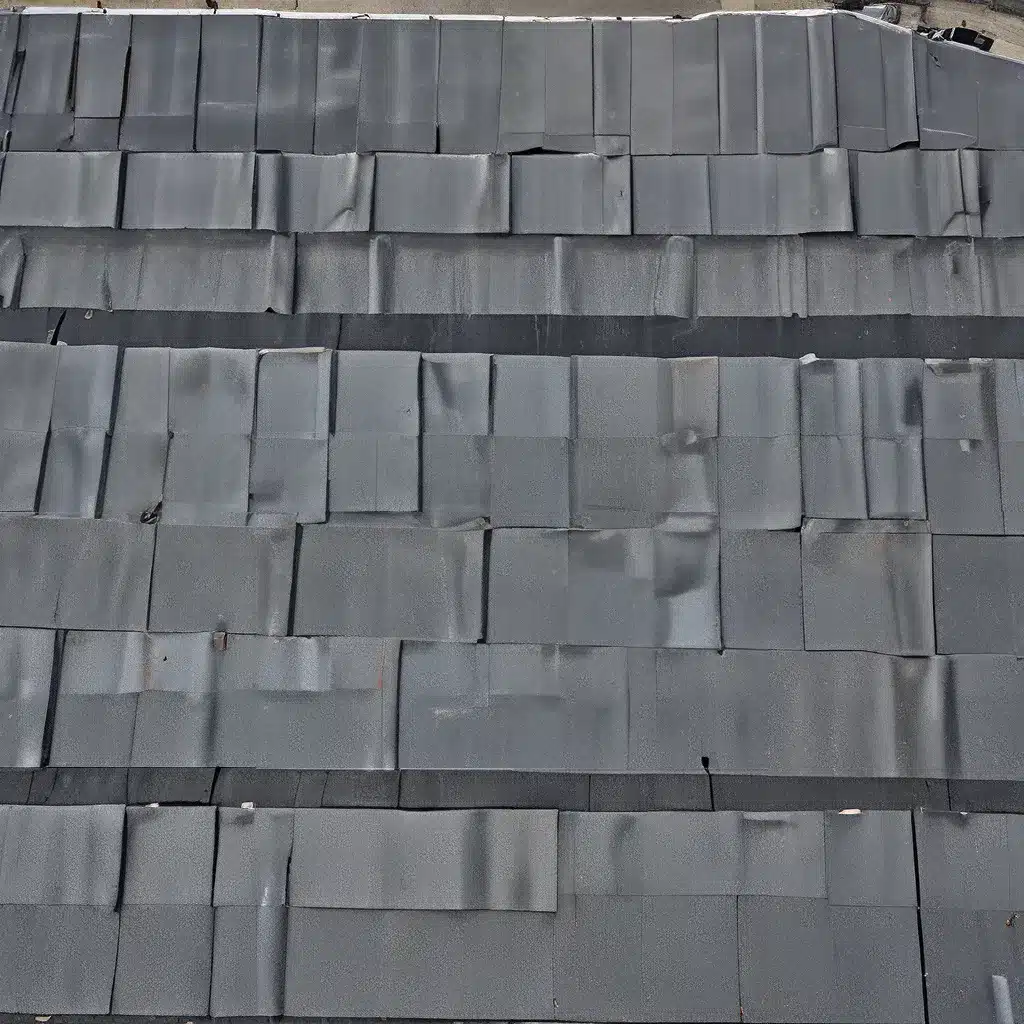
As a seasoned real estate investor, I’ve learned that tax planning is the unsung hero of building lasting wealth through commercial properties. It’s not the sexiest part of the job, but it can make all the difference between a solid return and a mediocre one.
You see, when it comes to commercial roofing, the upfront investment can be substantial. But with the right tax strategies in your pocket, you can turn that expense into a powerful tool for long-term growth. And that’s exactly what I’m here to share with you today.
Understanding the Tax Landscape for Commercial Roofing
Before we dive into the juicy details, let’s take a step back and examine the real estate tax basics that every savvy investor needs to know. As a commercial property owner, you’re subject to a whole host of taxes, from income tax on your rental earnings to property taxes and beyond.
Navigating this complex web of tax obligations can feel like a full-time job in itself. But trust me, it’s worth the effort. When you understand the nuances of how these taxes work, you can start to identify strategic opportunities to minimize your liability and maximize your returns.
One of the key areas to focus on is income tax on your rental earnings. After all, that’s the bread and butter of your commercial roofing investments. By meticulously tracking your allowable expenses – things like mortgage interest, property management fees, and even the depreciation of your roofing system – you can significantly reduce the amount of income tax you owe.
Harnessing the Power of Deductions and Depreciation
Speaking of depreciation, this often-overlooked tax benefit is a game-changer for commercial roofing investors. The way it works is that you can deduct a portion of the cost of your roofing system each year, effectively spreading out that expense over the asset’s useful life.
Now, I know what you’re thinking – “But doesn’t that mean I have to replace my roof more often?” Not necessarily! With the right maintenance and repair strategy, you can often extend the lifespan of your roof, maximizing the benefits of that depreciation deduction.
And let’s not forget about all the other deductions you can take advantage of as a commercial property owner. Things like interest on your mortgage, property taxes, and even the cost of utilities and insurance can all be leveraged to lower your tax burden.
Aligning Tax Planning with Your Investment Goals
Of course, effective tax planning is about more than just finding ways to reduce your tax liability. It’s also about ensuring that your investment decisions are strategically aligned with your long-term goals.
For example, if your primary objective is to generate steady cash flow, you might focus on maximizing your deductions and minimizing your taxable income. But if your sights are set on long-term growth, you might be more interested in exploring depreciation strategies that can help you build equity over time.
Southern Roofing Company can work with you to design a tailored tax plan that supports your specific investment goals, whether that means boosting your immediate profits or laying the foundation for future wealth.
Navigating the Evolving Landscape of Commercial Roofing Tax Strategies
Of course, the world of commercial roofing tax planning is far from static. As laws and regulations change, new opportunities and challenges arise. That’s why it’s crucial to stay on top of the latest developments and be willing to adapt your strategy accordingly.
Some experts believe that upcoming changes to tax codes could significantly impact the way commercial property owners approach their investments. And ongoing research suggests that savvy tax planning can be the difference between steady growth and stagnation.
So, as you embark on your commercial roofing investment journey, don’t forget to keep a close eye on the evolving tax landscape. Stay informed, be adaptable, and work closely with trusted advisors who can help you navigate the complexities and capitalize on the opportunities.
Concluding Thoughts: Unlocking the True Potential of Your Commercial Roofing Investments
At the end of the day, effective tax planning is the secret weapon that can transform a decent commercial roofing investment into a truly exceptional one. By leveraging deductions, depreciation, and other strategic tax-saving techniques, you can dramatically improve your bottom line and set the stage for long-term growth and prosperity.
So, if you’re ready to take your commercial roofing investments to the next level, I encourage you to dive deeper into the world of tax planning. It may not be the most glamorous aspect of the business, but it just might be the key to unlocking your true financial potential.